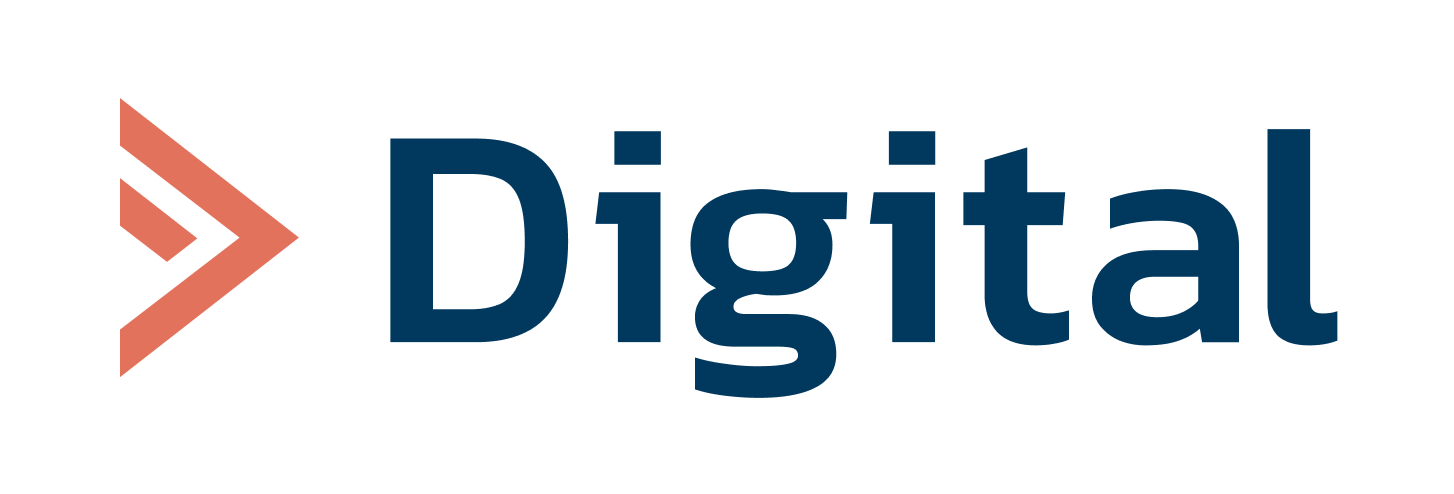Amazon, Microsoft, and Meta — these are just a few of the corporations that have announced major layoffs in recent weeks, collectively eliminating tens of thousands of positions. The companies insist that it’s part of a “strategic transformation” and preparation for the age of AI.
Yet, even at first glance, such a strategy seems short-sighted. Quick cost savings are meant to reassure shareholders that everything is moving in the right direction — but growing evidence suggests that this approach may end up doing more harm than good.
According to a report from the Federal Reserve Bank of Philadelphia, professions requiring higher education are over three times more exposed to generative AI than manual labor (45% vs. 14%). These are precisely the groups — managers, analysts, and specialists — who are now being laid off first. The paradox is that these very people were supposed to oversee, integrate, and supervise AI systems within organizations, playing a crucial role in ensuring that artificial intelligence functions properly alongside traditional, human workers.
Layoffs based on the belief that AI will immediately boost productivity may be premature, the report warns. Replacing experienced employees with machines (or AI in this case) often results in a loss of organizational knowledge, implementation errors, and declining innovation.
In the long run, companies may find themselves re-hiring human workers to fix problems caused by over-automation — often at a higher cost than what was initially saved through layoffs.
This wave of cuts also illustrates how thin the line is between technological transformation and short-term thinking. Artificial intelligence can accelerate business growth, but only if companies understand that its strength doesn’t lie in replacing humans at a fraction of the cost, but in optimizing inefficient or complex processes that humans alone struggled to manage.


